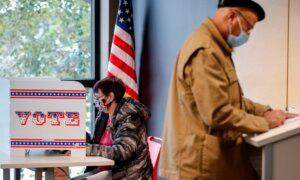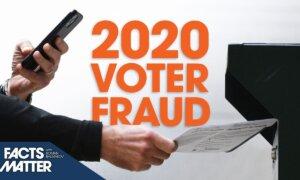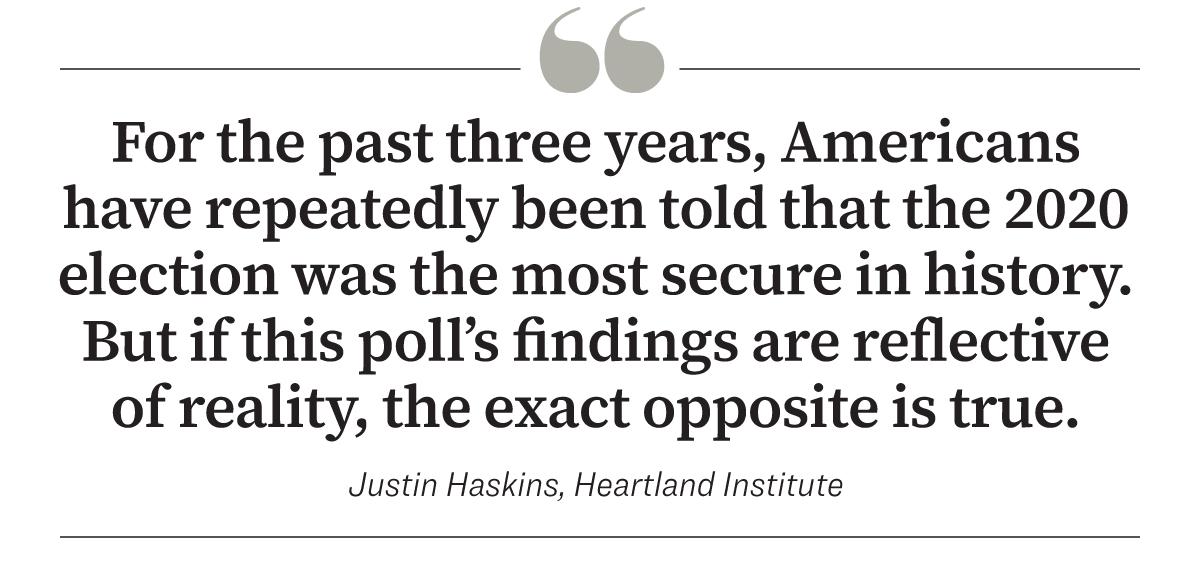Voter Fraud Convictions Challenge Narrative of Secure Elections
Criminal convictions of election fraud across America have called into question the narrative that cheating is rare and of little impact.
“The videos are shocking to the court and should be shocking to all the parties,” Judge Clark wrote in his ruling.
A California judge overturned the result in a 2021 Compton City Council run-off race that was initially decided by one vote. The judge tossed four fraudulent ballots cast by people not legally registered in the jurisdiction. Five people pleaded either guilty or no contest to conspiring to commit election fraud.
The above examples of election fraud have occurred since the contentious 2020 presidential election that President Donald Trump alleged was marred with fraud.
Democrats, meanwhile, have cast the former president’s assertions about the 2020 election as the “big lie” and generally contend that election fraud is extremely rare and inconsequential.
Mr. Morelli said Republicans are fixated on an “unproven lack of integrity” that they claim exists.
In a number of cases, the abuse of the system is well-calculated and organized, but in most instances violations appear to have been committed by individuals acting independently.
Case studies show that some perpetrators exploit the aged, mentally infirm, and homeless in order to garner a few more votes for their preferred candidate.
The poll found that 21 percent of those who voted by absentee or mail-in ballot in 2020 admitted to filling out a ballot “in part or in full” for someone else, which is illegal.
Of the 30 percent who said they voted by mail or absentee ballot in 2020, 19 percent said a friend or family member filled out their ballot, in part or in full, on their behalf. One-fifth said they signed a ballot or ballot envelope “on behalf of a friend or family member, with or without their permission,” the poll results state.
Seventeen percent of those who voted by mail in 2020 said they cast a ballot in a state where they’re no longer a permanent resident, which is illegal.
Among the 1,085 voters questioned, 8 percent said that a friend, family member, political party, or organization offered “to pay or reward them for voting in the 2020 election,” according to the poll.
Respondents were surveyed by telephone and online from Nov. 30 through Dec. 6, 2023. The poll’s margin of error is plus or minus three percent with a 95 percent level of confidence.
“The results of this survey are nothing short of stunning,” said Justin Haskins of the Heartland Institute in a statement.
“For the past three years, Americans have repeatedly been told that the 2020 election was the most secure in history. But if this poll’s findings are reflective of reality, the exact opposite is true.”

Mr. Haskins blames election laws.
“A democratic Republic cannot survive if election laws allow voters to commit fraud easily,” he said.
He said despite some progress being made to eliminate election fraud in a number of states since 2020, “much more work is needed in most regions of the United States.”



No comments:
Post a Comment